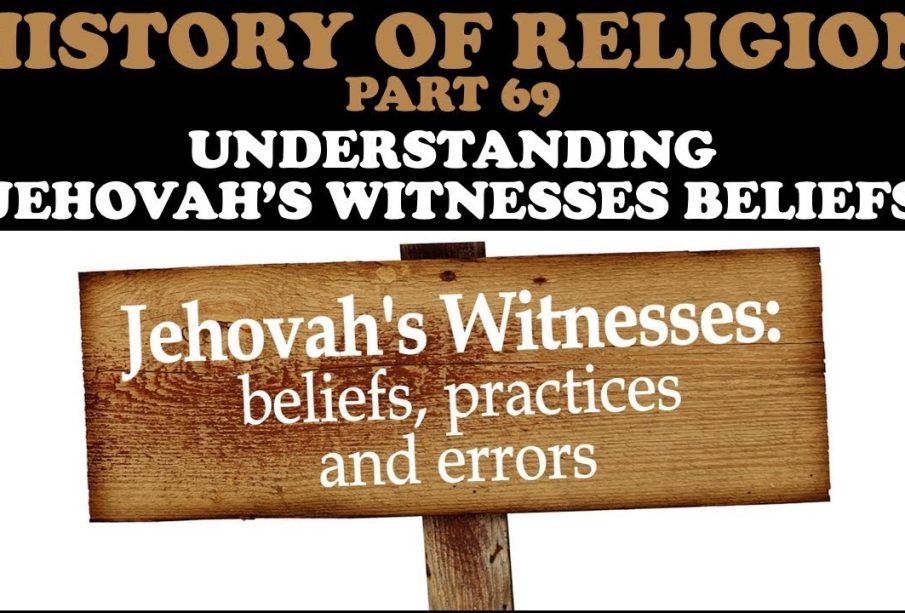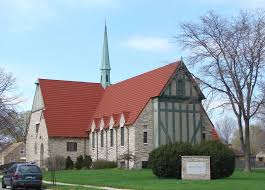Insights into Jehovah’s Witnesses and Their Impact

Introduction
Jehovah’s Witnesses, known for their distinct beliefs and evangelistic efforts, continue to intrigue and sometimes confuse the wider public. Established in the late 19th century, this Christian denomination has grown significantly, with millions of adherents around the globe. Understanding their beliefs and practices is critical, particularly in light of recent controversies and discussions surrounding religious freedom and community impact.
Beliefs and Practices
Jehovah’s Witnesses adhere strictly to their interpretation of the Bible. They are known for their door-to-door evangelism and refusal to participate in military service, salute the flag, or celebrate holidays, which they view as incompatible with their faith. Central to their belief system is the use of God’s name, Jehovah, and a strong emphasis on living according to Biblical principles.
Members are also known for their strong community ties and support networks. They participate in regular meetings at their Kingdom Halls and engage in extensive biblical education, for which the Watch Tower Society, their governing body, provides literature and structured guidance.
Current Events and Controversies
Recently, Jehovah’s Witnesses have been in the news due to various legal and social issues. In several countries, there have been challenges surrounding religious freedoms, such as legal battles over their right to practice their faith without persecution. In 2023, high-profile court cases in nations like Russia and the United States brought to light the ongoing struggles for their rights, particularly in countries where they face ban and persecution.
Furthermore, allegations about their handling of abuse cases have sparked debates about accountability and transparency within the organisation. These matters have drawn scrutiny from governments and media, highlighting the tension between the group’s beliefs and broader societal norms regarding child protection and welfare.
Conclusion
As Jehovah’s Witnesses face contemporary challenges, their commitment to their faith remains unwavering. The discussions around their practices and beliefs are vital in a multicultural society that values diversity. Understanding their worldview can foster tolerance and dialogue, essential elements in addressing broader issues of religious freedom and human rights. Moving forward, the interaction between Jehovah’s Witnesses and wider society will likely continue to evolve, influencing perceptions, legal frameworks, and community relationships.









